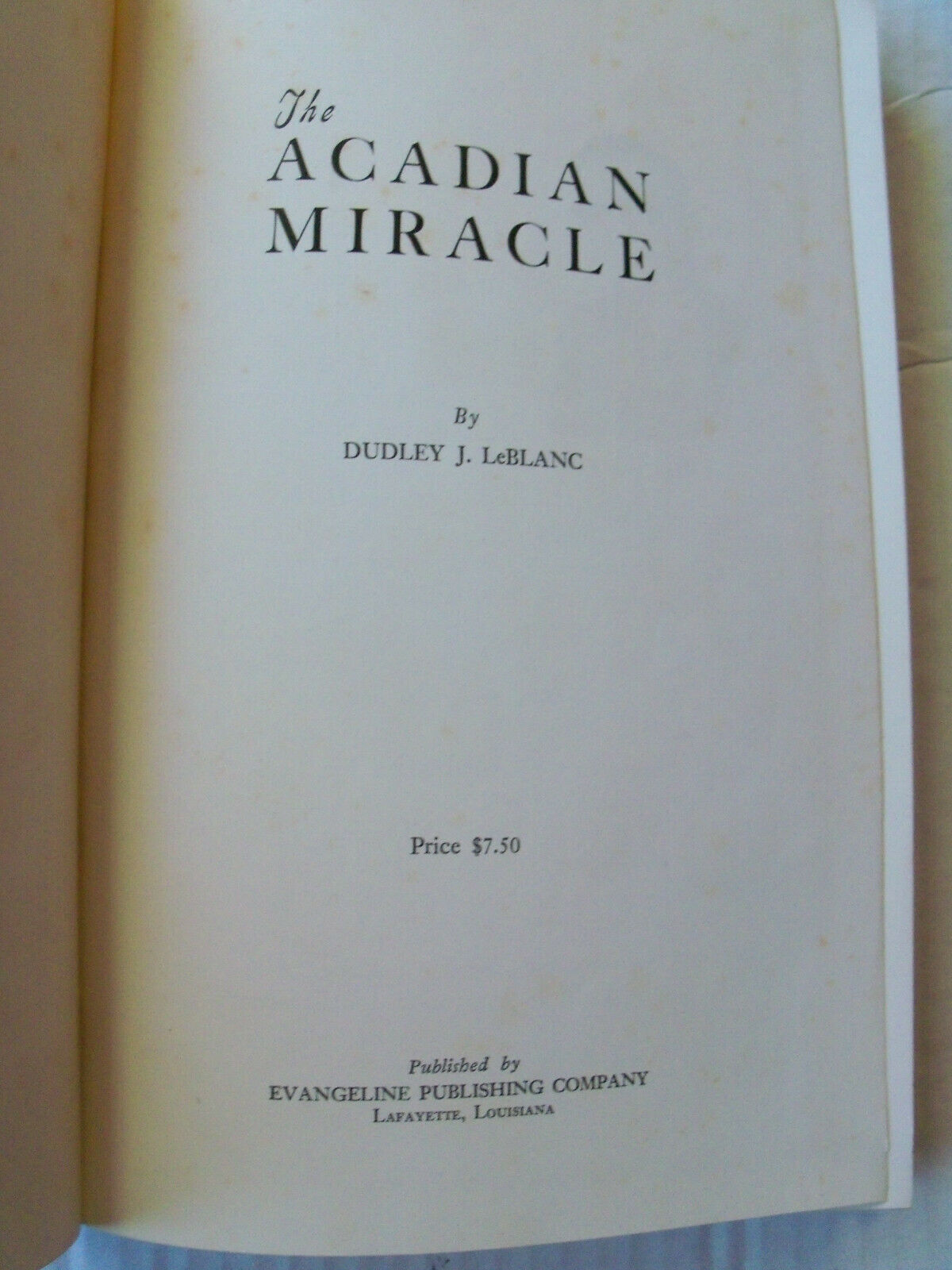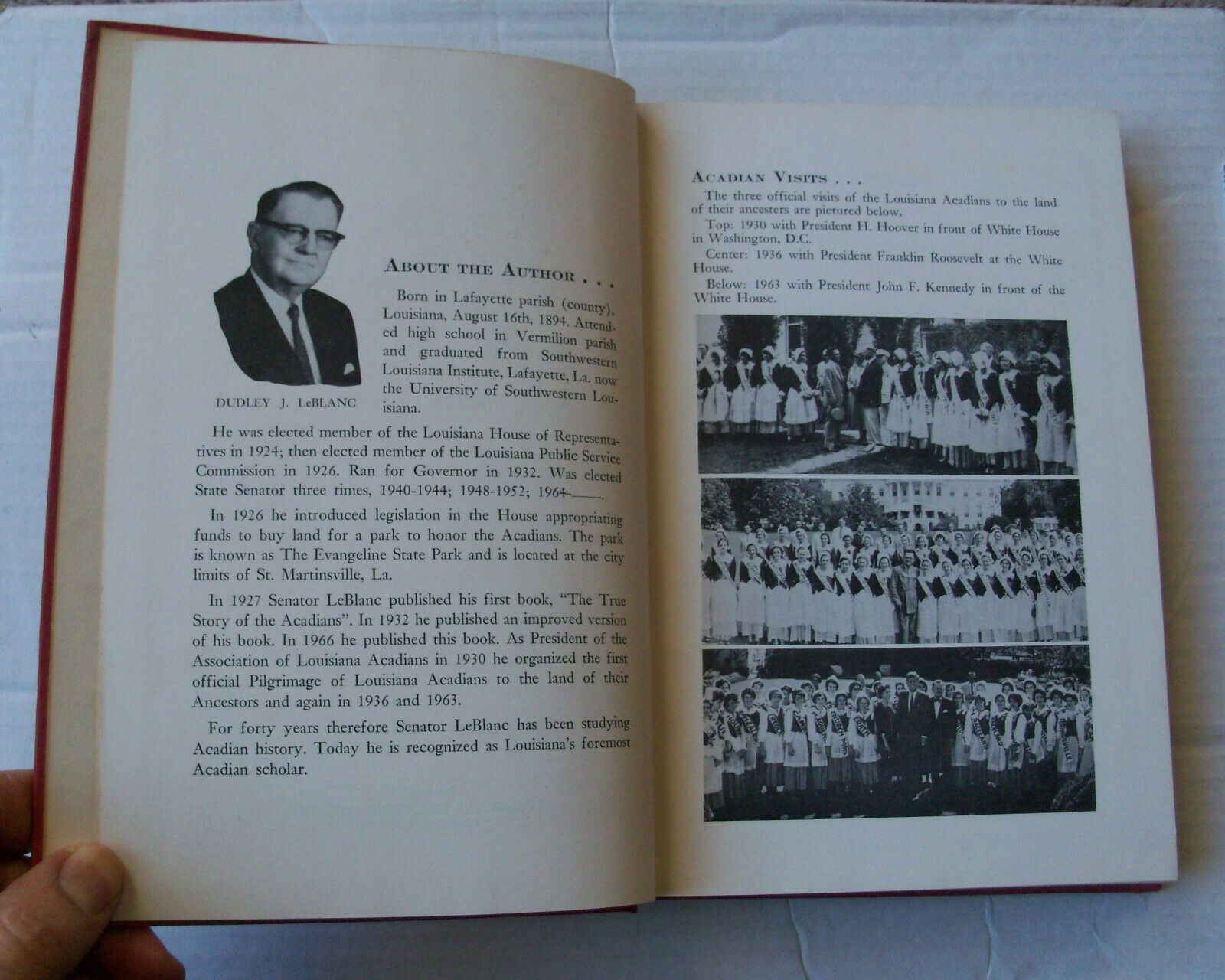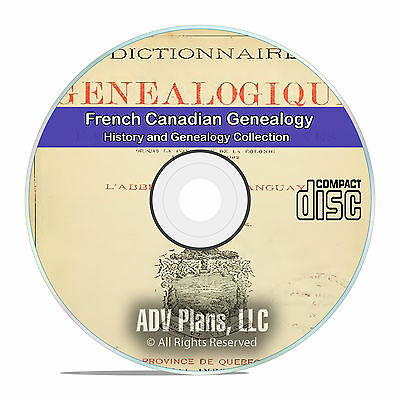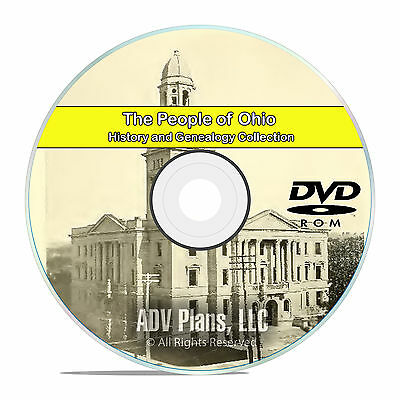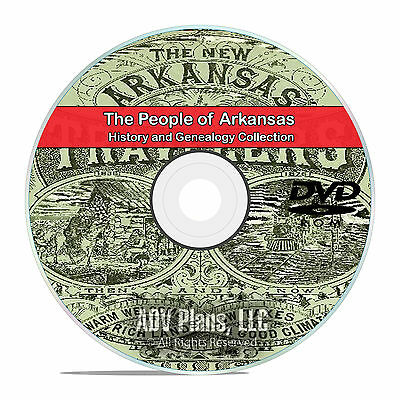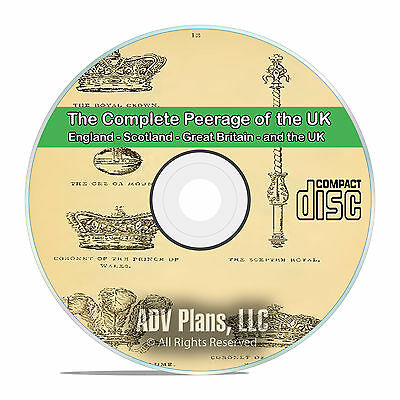-40%
The Acadian Miracle by Dudley LeBlanc 1966 Louisiana Cajun History & Genealogy
$ 39.6
- Description
- Size Guide
Description
Up for sale is a very scarce book about the incredible journey of the Acadian people written by one of the most colorful and influential members of Louisiana's Cajun community during 20th century.Title:
The Acadian Miracle
Author: Dudley LeBlanc
Publisher: Evangeline Publishing Company (Lafayette, Louisiana)
Copyright: 1966 (by the author)
Library of Congress Catalog Card Number: 65-28646 (No ISBN found.)
Hardback book without a dust jacket.
About 9.25 inches tall by about 6.25 inches wide. 419 pages.
Please see photos # 6 and 7 for the Table of Contents.
The Acadians were the first European settlers of the area now known as the Maritime Provinces of Canada, including current day Nova Scotia, New Brunswick, etc. The first French colonies in the region date from the very early 1600s; the settlers were predominately from provinces in southwest France. Even in those early days, the Acadian settlements were subject to destructive raids by the British, led by colonists based in Virginia. There were periodic hostilities over the next 140 years. Largely ignored by the French, the Acadians developed a unique culture which also incorporated Native American and Irish influences. During the French and Indian Wars (Seven Years War in Europe), between France and Great Britain, most Acadians professed neutrality. Nevertheless, the British suspected that they were allied with the French. Starting in 1755, and proceeding over the next several years, about 11,500 Acadians were exiled from their homeland. (The removal was called "The Great Expulsion", or "Le Grand Derangement" and would now be termed an "ethnic cleansing".) Those who survived (many did not) were relocated to the British colonies (the future United States), Britain, and France. From these locations, some were allowed to return to Acadia but many chose a secondary migration to colonial Spanish Louisiana where they prospered and became a dynamic cultural force.
Dudley LeBlanc was born and raised in Vermillion Parish, Louisiana in 1894. After serving in World War I, he became a salesman, including the marketing of patent medicines of his own invention. LeBlanc was elected to the Louisiana House of Representatives, serving from 1924 to 1928. In 1932, he ran for governor, finishing second to O. K. Allen, the handpicked successor to Huey Long (who had vacated the position of governor to become a senator). LeBlanc would later serve four mostly non-consecutive terms in the Louisiana State Senate (1940 - 1944, 1948 - 1952, and 1964 - 1972). His influence in the Cajun community made his political endorsement highly coveted by other politicians. Earl Long (brother of Huey, and himself a governor) once quipped: "Hell, you can't buy LeBlanc. You can only rent him." In 1945, LeBlanc launched the patent medicine for which he was most famous, called Hadacol. It contained a variety of vitamins and minerals in a solution containing 12% alcohol. One explanation was that the name was an acronym for: "
HA
ppy
DA
y
CO
mpany
L
eblanc". However, when asked about the name, LeBlanc would usually reply: "Well, Ah hadda call it sumpin', didn' ah?" Hadacol was marketed as a dietary supplement with the alcohol said to be a "preservative". Starting in 1950, LeBlanc's "Hadacol Caravan" became a huge attraction throughout the South (and elsewhere), patterned after the traditional medicine show but also including top flight entertainers, such as Bob Hope, Mickey Rooney, Carmen Miranda, Minnie Pearl and Hank Williams. (It is said that Williams wrote his 1952 smash #1 hit "Jambalaya" after listening to the colorful Cajun language on the caravan.) After generating millions in revenue (most of which was reinvested in advertising) and aware that the Federal Trade Commission was investigating him for deceptive sales practices, LeBlanc sold Hadacol to a group of unsuspecting New York investors. He would later be charged with tax evasion, but beat the rap. He died in 1971 and is buried in Abbeville, Louisiana.
Although LeBlanc may have been something of a huckster in the commercial and political arenas, his dedication to his Arcadian roots was clearly genuine and passionate. While in the Louisiana House of Representatives, he championed the purchase of lands for The Evangeline State Park, in St. Martinsville, to honor the Acadians. He wrote his first book on his heritage in 1927. He was the long time President of the Association of Louisiana Acadians, organizing "pilgrimages" to the Canadian homeland in 1930, 1936 and 1963. Each of these journeys included a stop at the White House to meet with Presidents Herbert Hoover, Franklin Delano Roosevelt, and John F. Kennedy, respectively.
LeBlanc does not attempt to conceal his disdain for the British, claiming that they attempted to minimize their guilt in the Great Expulsion, by altering or even destroying historical records.
This book has a wealth of important historical and genealogical information. The genealogical information is presented throughout the main text as well as in a variety of appendices. It includes selected census lists (both in Acadia and Louisiana), military (militia) lists, and other rosters.
This book simply does not come up very often and is a must have volume!
Please see above for complete description of condition and photos. There are some condition issues. Sold as is.
Attention US Buyers: I will ship by USPS Media Mail or by USPS Priority Mail, your choice. Please note that if you have a Military Mail address (e.g. APO), I must ask that you choose USPS Priority Mail as it is my understanding that USPS Media Mail is unreliable to Military Mail addresses.
Attention International Buyers: Unfortunately, it appears that international shipping from the US (via the USPS) has become unreliable, because of the pandemic. Therefore, I have decided to remove the international shipping option. You are still welcome to bid on this item, but will need to supply a shipping address in the US. I'm sorry for the inconvenience. Thank you for your understanding.
